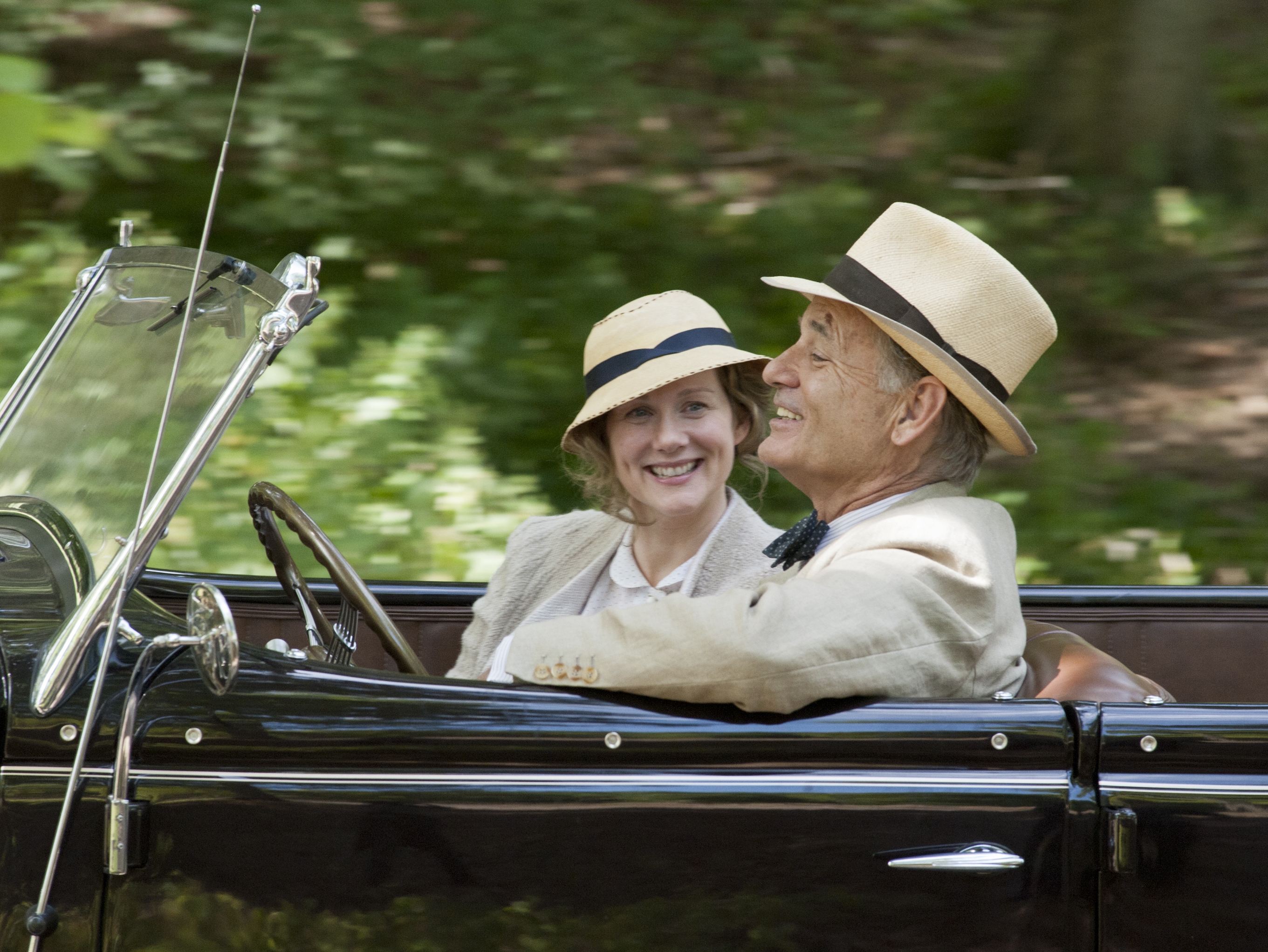The choice to cast former “Ghostbuster” Bill Murray as Franklin D. Roosevelt, the 32nd President of the United States, was a clever one indeed.
Murray, known predominantly as a comic actor whose quirky roles have made him a must-see star for decades, isn’t the most conventional choice to play a 20th Century politician, but the great thing about “Hyde Park on Hudson” is its desire to be unconventional.
This is a story that earns our admiration by thinking small and focusing on a short — and ultimately unexciting– weekend in 1939 that helped establish a special relationship between the United States and England.
The story begins with a lowly 5th— or possibly 6th — cousin of Roosevelt lamenting the state of her family finances. In a voice-over, Daisy (Laura Linney) notes that like many other families in the midst of the Great Depression, her family used to be wealthy. “And then we weren’t,” she says.
A quick phone call from FDR’s mother, however, changes things for the dour romantic. The president’s mother requests her company for the president, and soon Daisy is being swept into the large but cold office at Hyde Park on Hudson, the president’s beloved home away from the White House.
Daisy is awestruck and audiences should be, too. Instead of Murray at his most exuberant, the actor plays the president like a great grandfather you only wish you had more time to spend with. He is restrained and soothing and sees in Daisy a woman who has seldom had the chance to travel. She is clearly pleased by the attention he gives her.
The story proceeds as Daisy begins a physical relationship with the president. While Eleanor (Olivia Williams)–a clearly exasperated woman who incessantly argues with her mother-in-law–spends her time living with female friends, the president spends his in Daisy’s company.
Nothing is stated about their relationship to the dozens of people who surround them, but it seems to be understood.
The film focuses on one particular–and notably peculiar–weekend in 1939 when the King (Samuel West) and Queen (Olivia Colman) of England come to visit. According to Daisy, this was the first time that a king had ever visited the United States and the awkwardness of the arrival is fully established in this movie that — sometimes hesitantly — goes for laughs. The King doesn’t want to arrive early (bad form) so he delays his arrival at Hyde Park and spends some time waving at local farmers, who have no idea who he is. A King’s welcome, indeed.
When he arrives at Hyde Park, the subtle message is that the King is trying to encourage the President to side with the allies during World War II. Of course, the war has already begun, but the U.S. is hesitant to take a side in it. The most memorable scenes occur when the President has a few minutes alone with the self-conscious King of England, who movie fans will note was previously portrayed in the Oscar- winning “The King’s Speech.” This is a king who — despite his position of power — longs for respect and to escape his brother’s shadow in the midst of a great war.
The importance of diplomacy plays a major role in this film as the President earns the affection of his mistress and the affection of a fellow leader. Although the movie can come off as fluffy — indeed, the climax revolves around a picnic where hot dogs are served — it is quite an accomplishment.
Murray doesn’t embody the President in the way that Daniel Day-Lewis sought to in this year’s “Lincoln.” But the comedian attempts to capture his personality and succeeds admirably.
The 32nd President was a flawed but charming man who overcame his physical limitations to serve our country as a strong leader. This movie captures that and how wonderfully persuasive and strong he was at a time when our country needed such fortitude in the White House.

COMMENTS
Please let us know if you're having issues with commenting.